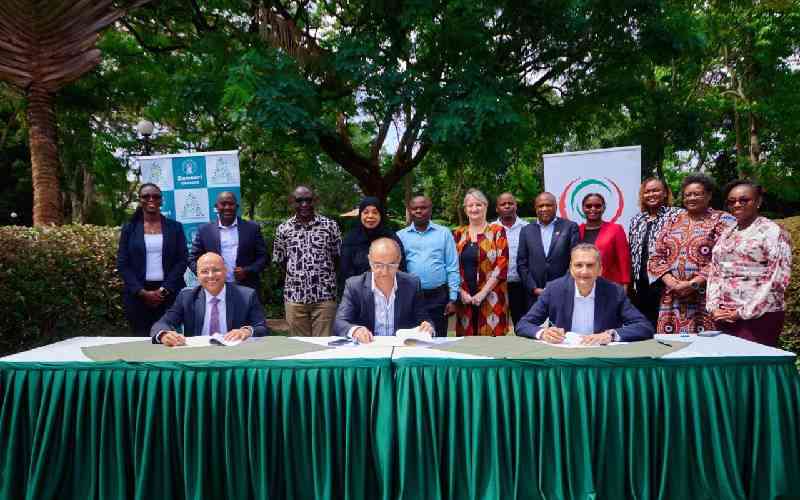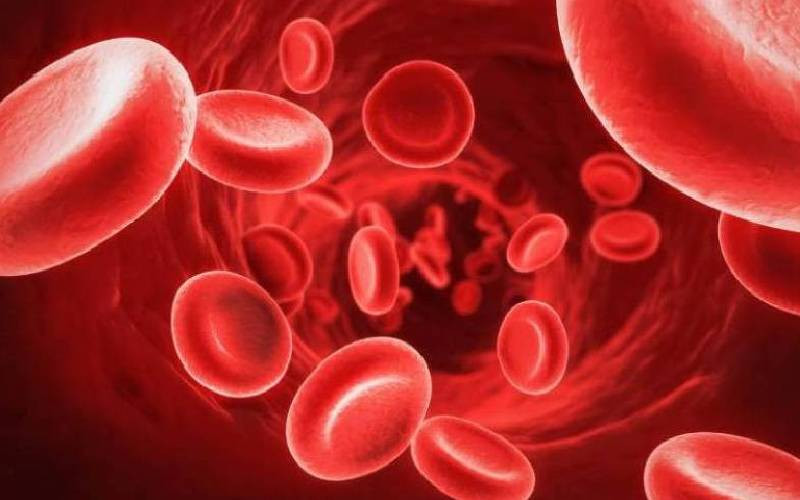
As vehicles honk endlessly, calling for customers in the bustling town of Mlolongo, Machakos County, John Mwangi taps a switch in his workshop's hall, and a glass-cutting machine with a rotating blade roars to life.
As the blade begins spinning, he opens a valve on a thin pipe hovering above the cutting machine, releasing a jet of water just above the spinning blade.
Mwangi then picks up an empty whisky bottle and methodically rolls it over the rotating blade, allowing it to slice through the glass with careful precision.
Facts First
This story continues on The Standard INSiDER. Subscribe now for unfiltered journalism that holds power to account.
Already have an account? Login
 The Standard Group Plc is a multi-media organization with investments in media
platforms spanning newspaper print
operations, television, radio broadcasting, digital and online services. The
Standard Group is recognized as a
leading multi-media house in Kenya with a key influence in matters of national
and international interest.
The Standard Group Plc is a multi-media organization with investments in media
platforms spanning newspaper print
operations, television, radio broadcasting, digital and online services. The
Standard Group is recognized as a
leading multi-media house in Kenya with a key influence in matters of national
and international interest.











